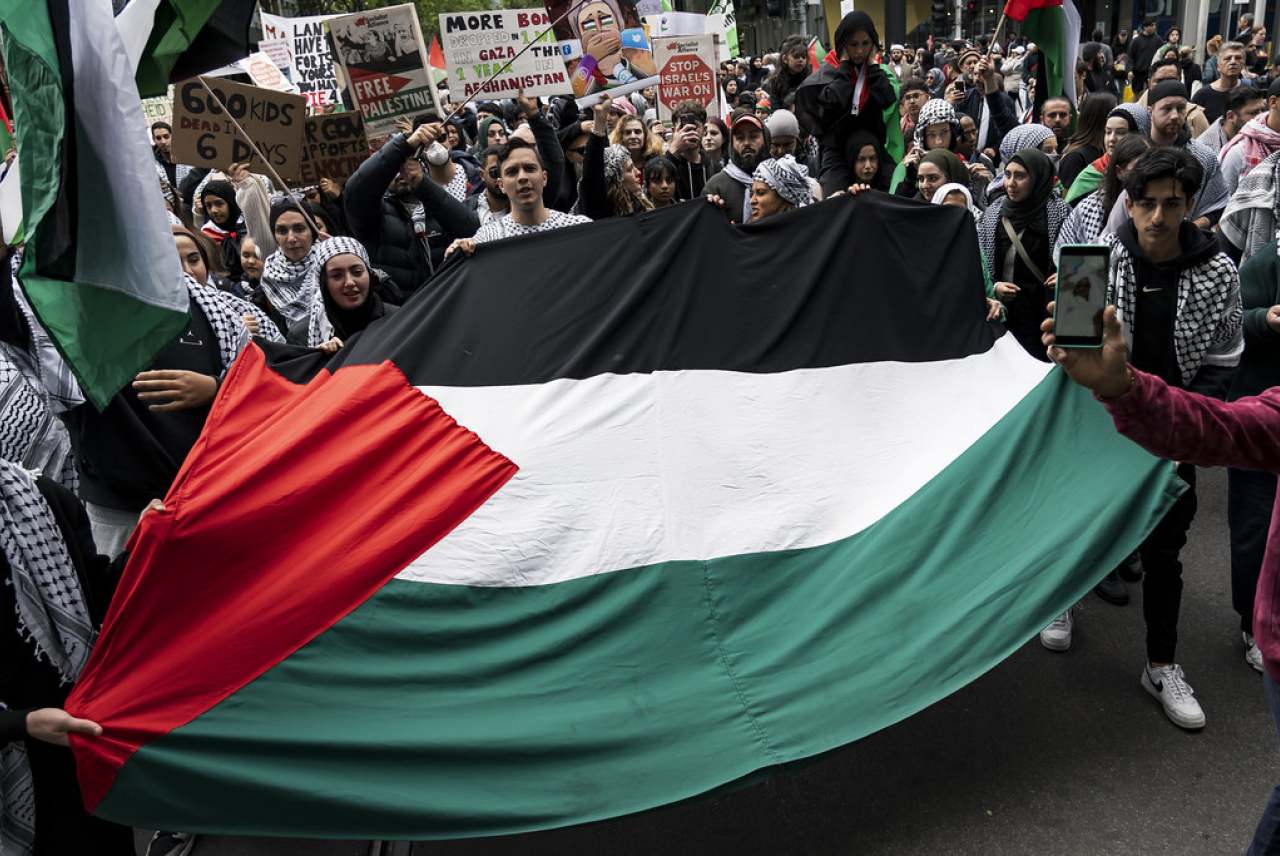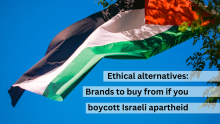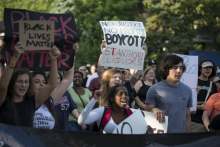We discuss three types of boycotts related to Palestine and Israel: boycotts led by Boycott, Divestment and Sanctions (BDS) campaigners in Palestine, boycotts that follow the BDS principles, and boycotts that go wildly viral without much organisation involved.
1. The most legitimate boycotts are called by the BDS National Committee
The leading authority on which brands to boycott in support of Palestinian rights is the Boycott, Divestment and Sanctions (BDS) National Committee, also known as the BNC. The BNC is a coalition of Palestinian organisations which has since 2005 led impactful boycott campaigns against complicit brands, and it sits at the centre of the global BDS movement.
It’s very easy to find out which brands the BNC is calling for people internationally to boycott: there’s a list on its website. If you want to get involved in supporting boycotts for Palestinian human rights, these are the most important brands to campaign against.
The BNC strategically chooses a small number of brands to target with campaigns they think have a real chance of winning. That way, the collective effort of people worldwide could result in meaningful change, for example a company cutting ties with the Israeli government or apartheid apparatus.






